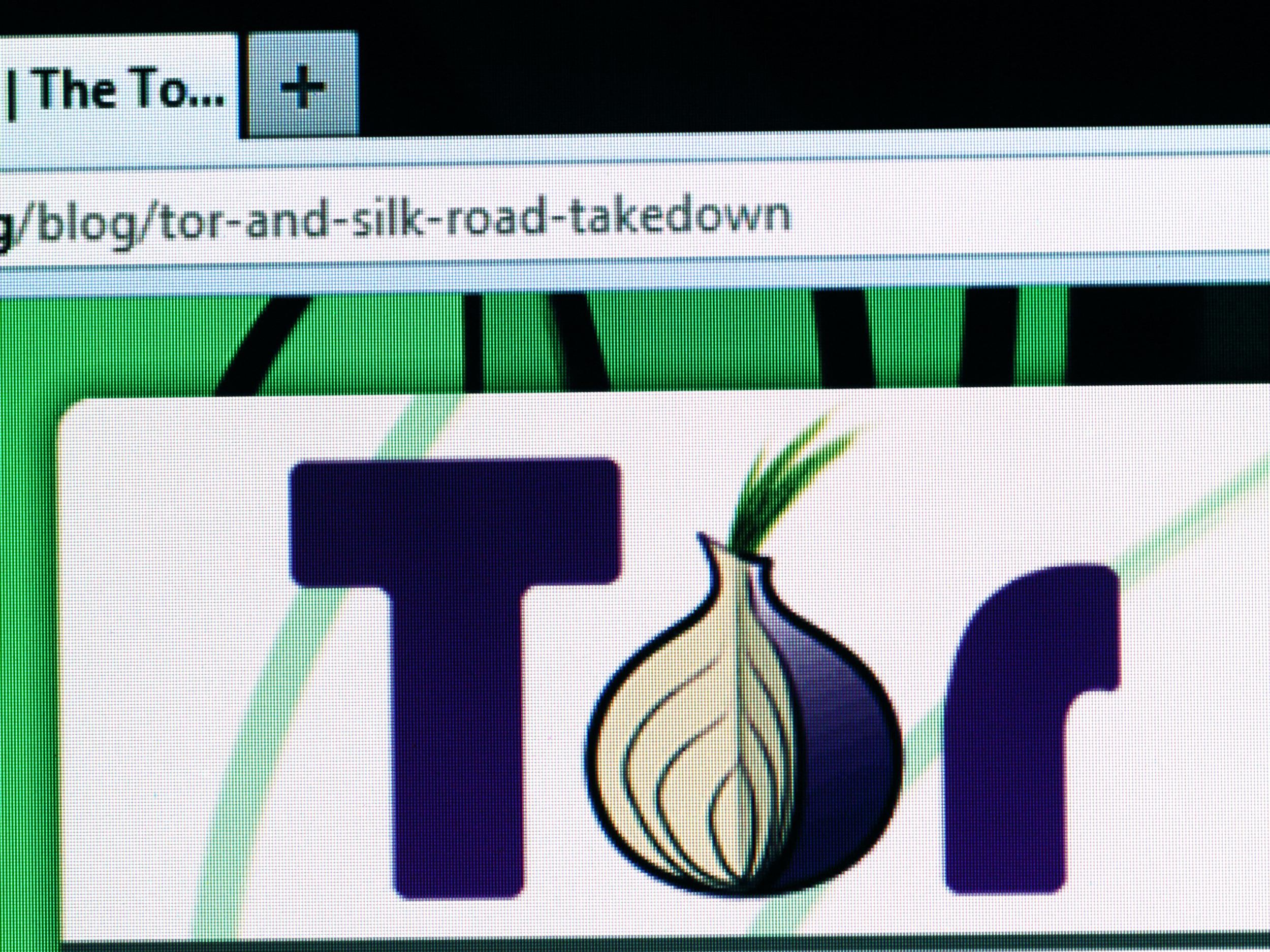Coronavirus tracked: Dark web drug supply surges nearly 500% during Covid-19 pandemic
Listings for cannabis, cocaine and MDMA all sky-rocketed during lockdown, as dealers sought alternative ways to distribute their product

Your support helps us to tell the story
From reproductive rights to climate change to Big Tech, The Independent is on the ground when the story is developing. Whether it's investigating the financials of Elon Musk's pro-Trump PAC or producing our latest documentary, 'The A Word', which shines a light on the American women fighting for reproductive rights, we know how important it is to parse out the facts from the messaging.
At such a critical moment in US history, we need reporters on the ground. Your donation allows us to keep sending journalists to speak to both sides of the story.
The Independent is trusted by Americans across the entire political spectrum. And unlike many other quality news outlets, we choose not to lock Americans out of our reporting and analysis with paywalls. We believe quality journalism should be available to everyone, paid for by those who can afford it.
Your support makes all the difference.Drug dealers have shifted from street-level dealing to online sales during the coronavirus pandemic, according to new research.
Listings for illegal drugs on the dark web – a hidden section of the internet that is only accessible with specialist software – surged by 495 per cent in recent months, as lockdowns forced dealers to seek alternative ways of distributing their products.
Cannabis postings on illicit marketplaces grew by 555 per cent, while postings for MDMA jumped by 224 per cent.
The biggest increase, however, was in listings for cocaine, which surged by 1,000 per cent between December and April.
The findings are detailed in a 17-page report by cyber intelligence firm Sixgill, who monitored the frequency of seller listings and buyer feedback between 23 December 2019 and 27 April 2020.
“The supply-side growth reflects a mass shift from street-level dealing to the digital underground as the pandemic emptied streets and public places,” the researchers said.
"Like all consumers, dark web shoppers may have been driven to online shopping due to fear of physical contact."
Trade in stolen credit cards, account details and other dark web staples remained stable during the same period, suggesting that coronavirus containment measures were the reason behind the surge in drug listings.
The researchers also observed a growth in demand, though it was nowhere near as pronounced as the increased supply. This resulted in an increase of promotions and ‘coronavirus sales’ on dark web marketplaces, “leaving the price of illicit drugs online to fall to bargain prices.”
It is harder to gauge the number of actual sales that took place, as no such data is publicly available, though the amount of product feedback indicates significant growth.
The data revealed a 10-fold surge in mentions of "bargains" and "discounts" in the early months of 2020.
It is not clear why demand for drugs online only rose modestly, with the researchers speculating that it could be as a result of buyers being more cautious about using the internet to buy illegal drugs.
“The dynamics that played out in the underground illicit drug trade mirrored those in legitimate online sectors,” the report concluded.
“The underground illicit drug trade serves as a microcosm for these broader global dynamics. In its adaptability to the crisis, it highlighted the increasing reliance of criminal networks on the internet, and the increasing need to put our ear to the internet’s underground.”
Join our commenting forum
Join thought-provoking conversations, follow other Independent readers and see their replies
Comments